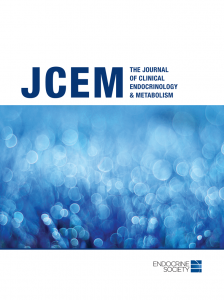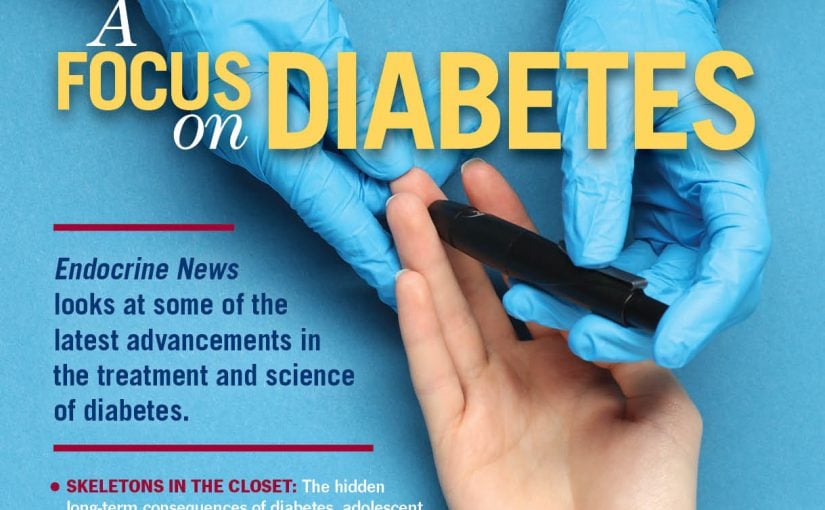
“This study shows for the first time that patients presenting at the hospital with COVID-19 and low sodium are twice as likely to need intubation or other means of advanced breathing support as those with normal sodium,” says lead investigator Ploutarchos Tzoulis, MD, PhD, MSc, honorary associate professor in endocrinology at University College London (UCL) Medical School in London, U.K.
Additionally, the researchers found that patients who develop high sodium levels during the hospital stay were three times more likely to die than those who have normal sodium levels throughout hospitalization.
“This study shows for the first time that patients presenting at the hospital with COVID-19 and low sodium are twice as likely to need intubation or other means of advanced breathing support as those with normal sodium.” – Ploutarchos Tzoulis, MD, PhD, MSc, honorary associate professor in endocrinology, University College London (UCL) Medical School, London, U.K.
“Sodium measurements can inform doctors about which COVID-19 patients are at high risk of deterioration and death,” Tzoulis says. “Sodium levels can guide decision making about whether a COVID-19 patient needs hospital admission or monitoring in the intensive care unit.”
Sodium is routinely measured as part of bloodwork done for all patients coming to the hospital, and its measurement is inexpensive, Tzoulis notes. Sodium is an essential mineral and helps regulate fluid volume in the body and blood pressure.
The study was conducted in 488 adults with COVID-19 admitted to two London hospitals, UCL Hospital and Whittington Hospital, over an eight-week period last year. The 277 men and 211 women had a median age of 68 years. They had a median hospital stay of eight days.
Nearly 32% of COVID-19 patients with low sodium levels at admission needed a breathing tube and ventilator or oxygen through a face mask compared with only 17.5% of patients whose sodium values were normal, the investigators report. Unlike excess sodium in the blood, low sodium levels had no association with an increased risk of dying in the hospital, Tzoulis says.
Among patients with high sodium levels at any time during their hospital stay, nearly 56% died versus about 21% of patients whose sodium remained normal, the data showed.
Doctors usually treat high sodium levels with intravenous fluids, and low sodium may require intravenous fluids, fluid restriction, or medications. However, both conditions are often underestimated and undertreated, Tzoulis says.
Fluid losses due to diarrhea, vomiting, sweating, and not drinking enough water can lead to high sodium levels. Therefore, Tzoulis stresses the importance of avoiding dehydration during a hospital admission for COVID-19.
Other authors of the study include: Julian A. Waung, Aiyappa Biddanda, John Cousins, Alice Dewsnip, Kanoyin Falayi, Will McCaughran, Chloe Mullins, Ammara Naeem and Muna Nwokolo of Whittington Health NHS Trust, London, U.K.; Emmanouil Bagkeris of Imperial College London in London, U.K.; Eithar Deyab, Syed Bitat and Swarupini Ponnampalam of University College London Hospital NHS Foundation Trust in London, U.K.; PierreMarc Bouloux of University College London; Hugh Montgomery of Whittington Health NHS Trust and University College London; and Ziad Hussein and Stephanie E. Baldeweg of both University College London Hospital NHS Foundation Trust and University College London.
The manuscript, “Dysnatremia is a Predictor for Morbidity and Mortality in Hospitalized Patients with COVID-19,” was published online, ahead of print.
The research also will be presented at ENDO 2021, the Endocrine Society’s annual meeting, which runs from March 20-23.

